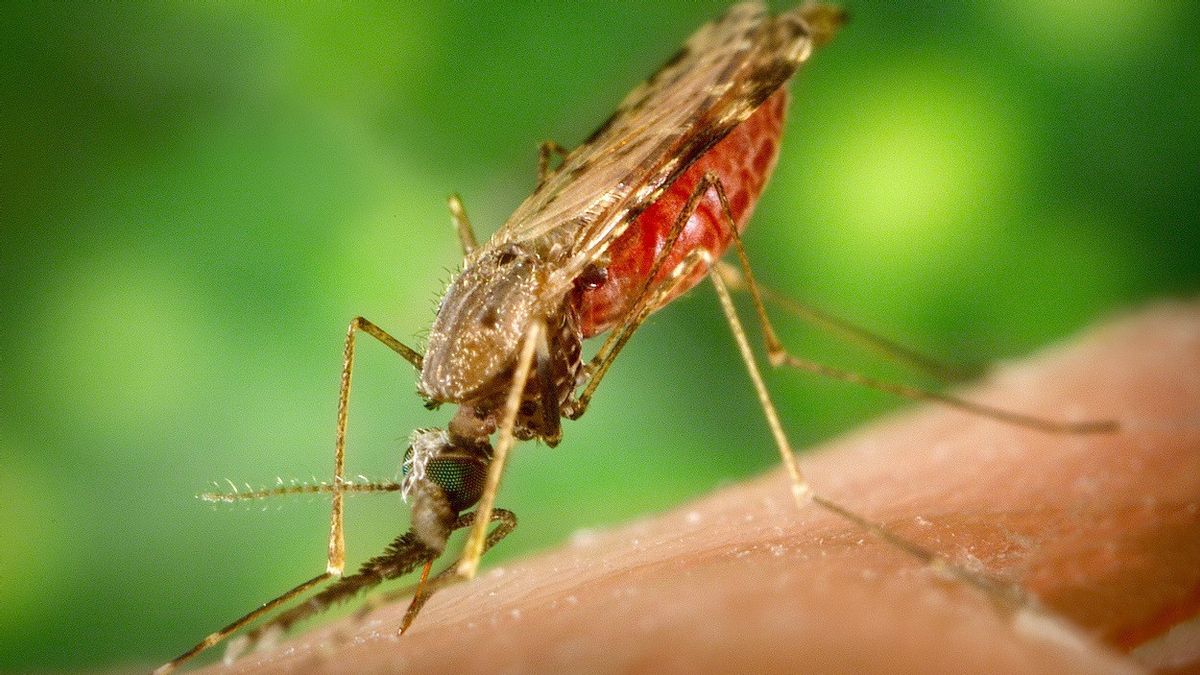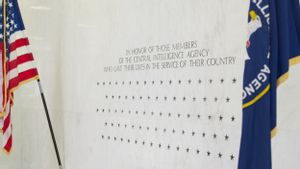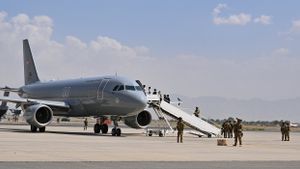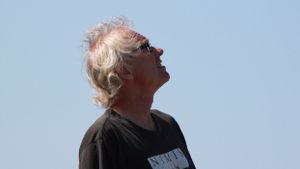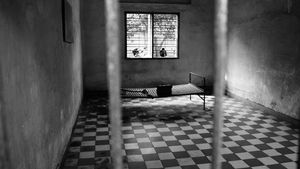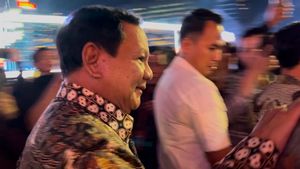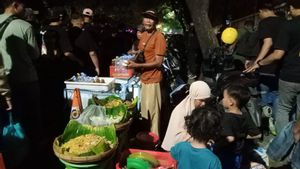JAKARTA - The World Health Organization (WHO) announced on Wednesday that the only approved vaccine against malaria could be given widely to African children to fight the disease that kills hundreds of thousands of people every year.
The WHO recommendation is for RTS,S or Mosquirix, a vaccine developed by British drugmaker GlaxoSmithKline (GSK). Since 2019, 2.3 million doses of Mosquirix have been administered to infants in Ghana, Kenya and Malawi in a large-scale pilot program coordinated by WHO.
The majority of those killed by the disease were under the age of five. The pilot program follows a decade of clinical trials in seven African countries.
"This is a vaccine developed in Africa by African scientists and we are very proud," said WHO Director-General Tedros Adhanom Ghebreyesus, citing Reuters on October 7.
"Using this vaccine in addition to existing tools to prevent malaria could save tens of thousands of young people every year," he added, referring to anti-malarial measures such as bed netting and spraying.
Malaria is far more deadly than COVID-19 in Africa. It killed 386.000 Africans in 2019, according to WHO estimates, compared with 212.000 confirmed deaths from COVID-19 in the past 18 months.
The WHO says 94 percent of malaria cases and deaths occur in Africa, a continent of 1.3 billion people. This preventable disease is caused by a parasite that is transmitted to humans through the bite of an infected mosquito, with symptoms including fever, vomiting, and fatigue.
Although the vaccine's effectiveness in preventing severe cases of malaria in children is only about 30 percent, it is the only vaccine approved. The European Union drug regulator (EMA) approved it in 2015, saying the benefits outweigh the risks.
"This is how we fight malaria, layering imperfect tools on top of each other," said Ashley Birkett, who leads global malaria vaccine work at Path, a nonprofit global health organization that has funded vaccine development with GSK and three pilot countries.
Another vaccine against malaria, developed by scientists at Britain's Oxford University and called R21/Matrix-M, showed up to 77 percent efficacy in a year-long study involving 450 children in Burkina Faso, researchers said in April. However, this vaccine is still in the research stage. GSK also welcomes the WHO recommendation.
"This important, long-awaited decision could revive the fight against malaria in the region, at a time when progress in malaria control has stalled," Thomas Breuer, Chief Global Health Officer, said in a statement.
SEE ALSO:
To note, the recommendations were jointly announced in Geneva by the WHO's main advisory body on malaria and immunization, the Malaria Policy Advisory Group and the Immunization Experts Strategic Advisory Group.
The English, Chinese, Japanese, Arabic, and French versions are automatically generated by the AI. So there may still be inaccuracies in translating, please always see Indonesian as our main language. (system supported by DigitalSiber.id)
